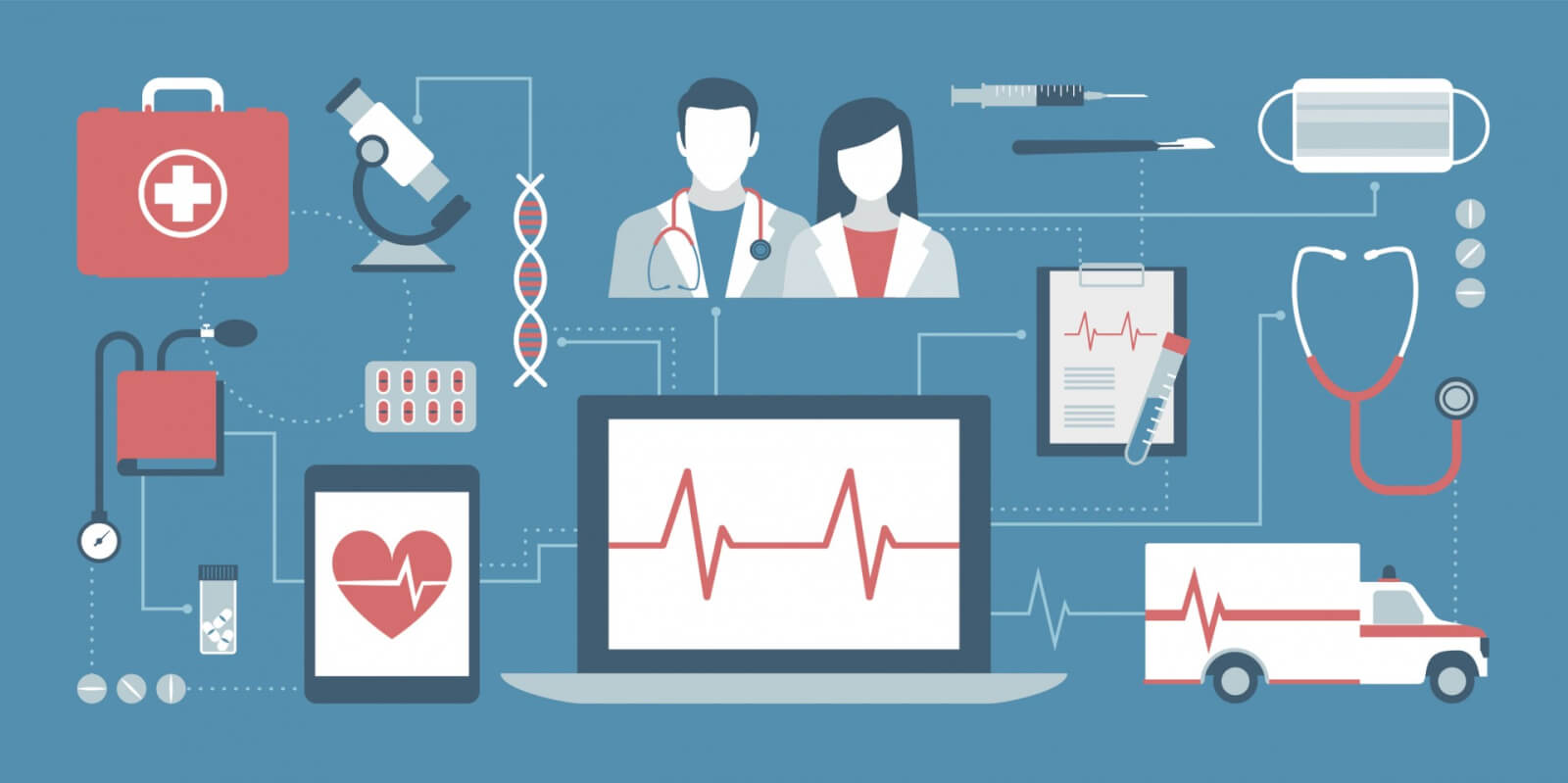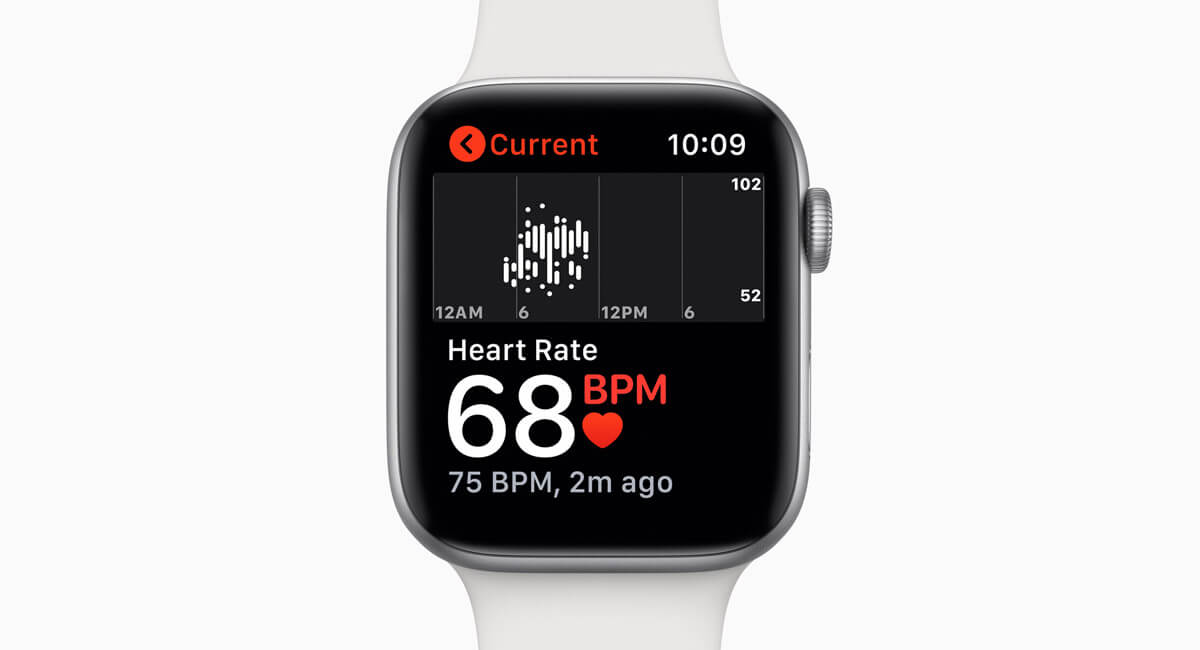
Politics can be truly divisive. But for topics like healthcare, data privacy, and education, we can all agree that smart reforms and regulations are sorely needed. Fortunately, progress is being made.
From April 28th to the 30th, AppCon 2019 gathered America’s top mobile app developers and preeminent politicians together in Washington, D.C. to discuss the most pressing issues facing technology and society in the near future.
Marc Fischer, our Co-Founder and CEO, was in attendance as a representative of California. He had the opportunity to talk tech with numerous political leaders at Capitol Hill. In this post, we’ve gathered some of Marc’s most memorable highlights from the event.
A Need for More Connected Healthcare
Each year, AppCon is hosted by ACT, the App Association. ACT is one of the leading public policy organizations in Washington, D.C. and represents technology companies, startups, and innovators across the country. By opening a dialogue with the country’s premier political leaders, ACT aims to protect and foster the tech industry by opening up opportunities for smarter regulations.
Healthcare is a topic near and dear to ACT’s heart. The organization started the Connected Health Initiative (CHI), a coalition of healthcare industry stakeholders, in order to spur improvement of patient engagement and outcomes through technology. So it should come as no surprise that some of the biggest obstacles in healthcare today took center-stage in many of Marc’s meetings.

Thanks to technologies like artificial intelligence (AI) and the Internet of Things (IoT), great leaps are being made in remote patient monitoring (RPM). Smart assistants like Alexa, home robotics systems, and wearable technologies are all bringing unprecedented value to point of care thanks to AI and IoT.
But some issues are still impeding progress in RPM. Marc and other AppCon attendees had the chance to discuss RPM reimbursement standards with the Centers for Medicare and Medicaid Services (CMS). It can be challenging for physicians to receive proper remuneration for time spent on telehealth consultations. This certainly needs to change.
Another hot topic was loosening restrictions on which medical professionals can review patient data. By opening this up to caregivers, nurses, and other people besides doctors, all stakeholders involved can gain a more holistic perspective on a patient’s health.

Marc also had the opportunity to meet with the Office of the National Coordinator for Health Information Technology (ONC) to discuss digital transformation in the healthcare system. It’s well known that there are some huge inefficiencies present when it comes to data exchange of electronic health records (EHR). To fix this, ACT’s members and the ONC are working together to pilot new projects that can help accelerate data portability and innovation in health IT.
Both RPM and data portability would go a long way towards helping those with chronic health conditions. Currently, 130 million Americans suffer from chronic health conditions. This ends up costing the U.S. economy more than $2.5 trillion per year. With Representatives Joseph Kennedy III (D-MA 4th District), Danny Davis (IL 7th District), Judy Chu (D-CA 27th District), and Senator Amy Klovuchar, Marc discussed potential telehealth solutions to lower costs and boost quality of care for RPM.
Among these possible solutions is the Wearable Equipment Adoption and Reinforcement and Investment in Technology (WEAR IT) Act. This would allow people to apply their HSAs or FSAs to cover part of the cost (up to $250) of consumer-facing medical wearables and other devices that have healthcare attributes. For example, you could apply this $250 towards the purchase of a new Apple Watch. Essentially, this new legislation would benefit patients with chronic illnesses immensely by making it easier for them to attain devices that could improve their quality of life.
Preparing for 5G
As we’ve covered in previous posts, 5G is fast approaching. But there are still some hiccups to work out. Marc met with FCC Commissioner Michael O’Rielly to discuss the standardization of this new wireless paradigm and what exactly constitutes 5G.
Recently, major telecom companies have been in a race to roll out 5G to their customers. And some have taken shortcuts. Most notable among them is A&T; the company released a platform called 5G Evolution (5GE) which isn’t actually 5G; it’s more of a foundation for when the real thing arrives.
But ensuring 5G arrives in metropolitan areas like New York City or San Francisco is not enough. Commissioner Michael O’Rielly and Marc also talked about the need for the FCC to take more of a leading role in ensuring 5G is faster to roll out to rural areas which were overlooked during the rollout of 4G.
This is crucial for many reasons. Not only will 5G open up opportunities for innovation in IoT, AI, and connected vehicles, but it will also bring possibilities for improvement in RPM and telehealth — both of which are sorely needed in rural areas.
Doubling Down on Data Privacy
Marc also had the chance to speak with representatives from the Office of Science and Technology Policy (OSTP) at the White House about data privacy. Preserving the integrity of our personal information is becoming more important than ever before. But doing this can often conflict with other endeavors.
As part of the AI Executive Order, the Trump administration issued executive mandates to open up data in an effort to accelerate AI innovation in America. Much of Marc’s conversation with the OSTP revolved around balancing out this order with updated standards for user privacy, data management, and the right to confidentiality.
Updating these cyber policies to ensure that both individuals and organizations are protected from internal and external espionage is a must. And the first step towards doing this is to have more government support in investigating acts of espionage or data leakages.
Large enterprise organizations need to be held accountable for leaking private customer information and not sharing this information until much later. A prime example of this is the Equifax hack; the company knew they had been hacked for four months before they went public with this information.
Progress Is Being Made
After four years of meeting with political leaders on Capitol Hill, ACT’s members are finally starting to see the fruits of their labor. RPM statutes have been written into law so that doctors can be properly reimbursed for their telehealth work. $250 million in federal funds have been released to support STEM education. And the government is beginning to better understand its role in the rollout of 5G.
We’re excited by the opportunities to innovate in the American economy with new technologies like AI, machine learning, and 5G. By driving the next wave of innovation, US tech leaders can help cement America’s leadership position in the world by creating jobs, boosting productivity, and increasing wages.
And from what Marc gathered at AppCon ’19, it looks like we’re right on track to do this. By collaborating together, the tech and political leaders of the United States can make a brighter future for us all.









